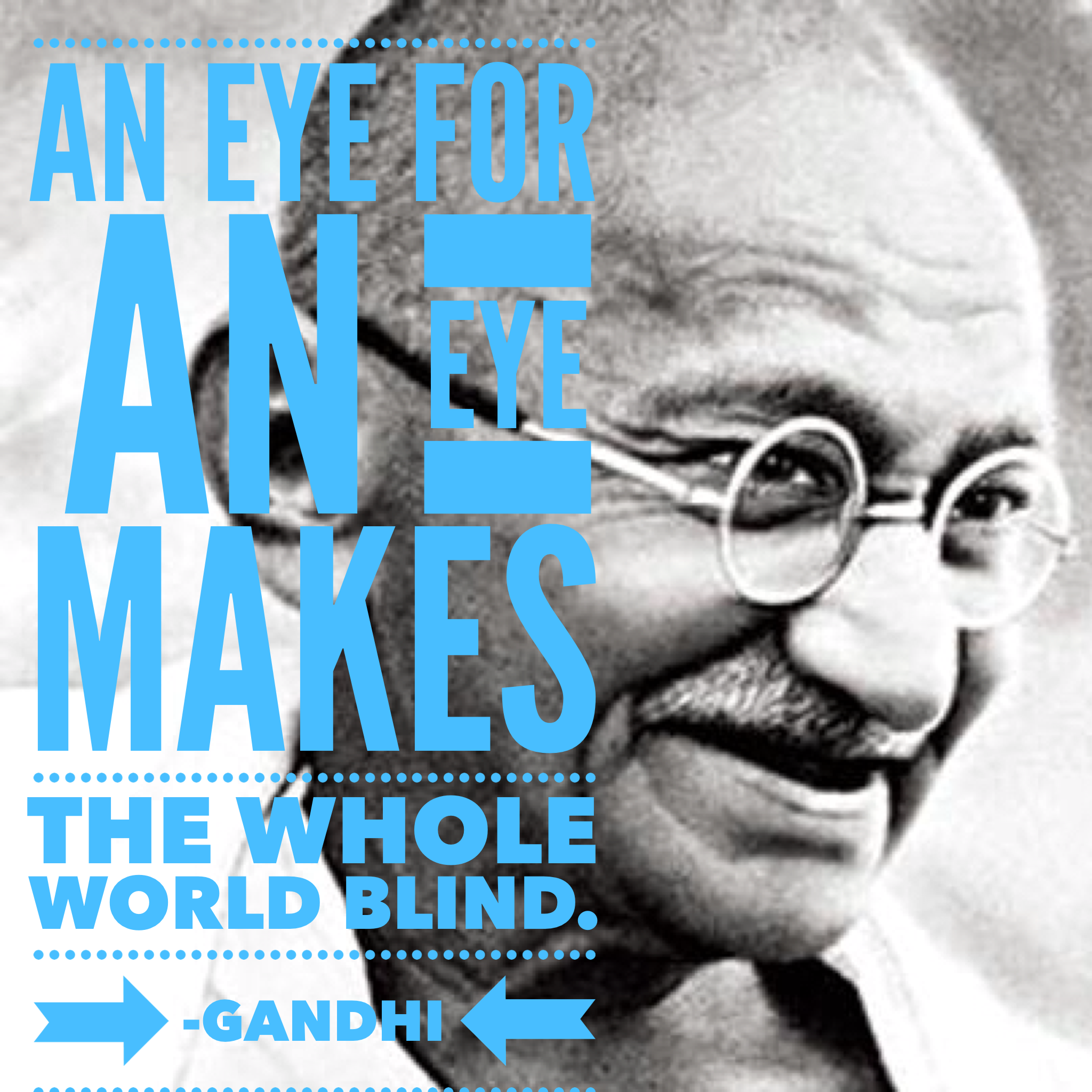This is a guest post by Marilu Del Toro.
 I know I am not alone when I confess that one of the most challenging passages in the New Testament for me is Jesus’ mandate to love our enemies (Mt 5:44, Lk 6:27). I have re-read these passages multiple times at different points in my life, as if looking for something I might have missed that could shed some light on what Jesus really meant. Offer no resistance to the one who hurts you? Pray for that person?
I know I am not alone when I confess that one of the most challenging passages in the New Testament for me is Jesus’ mandate to love our enemies (Mt 5:44, Lk 6:27). I have re-read these passages multiple times at different points in my life, as if looking for something I might have missed that could shed some light on what Jesus really meant. Offer no resistance to the one who hurts you? Pray for that person?
On one level, I believe I understand Jesus’ aim. It is not hard to see how offense and violence often escalate in an ugly spiral, as attacks are often met with counter-attacks and new injustices are born out of attempts to right past ones. Not only do we witness how countries live out this power struggle under the constant threat of war, but we also see this play out in our everyday lives with each other. A store clerk is rude, and we snap in return. A driver blasts the horn and yells at us, and it takes every shred of self-control not to yell back. A person we are trying to reach ignores our phone calls, and we find ourselves thinking twice about answering when that person finally calls back. What is it about us that needs to even the score?
There are so many ways we trespass against each other, and most of them are pretty mundane, having nothing to do with major crimes of passion or blood on our hands, but everyday hurts. We might feel betrayed when a loved one fails to be available to us in our time of need or a person we thought was a friend gossips behind our back. Our first reaction is to want to fight back, to give the offending party a “dose of their own medicine.” With our indignation fueling us, the rationalizations begin, and we tell ourselves our actions are justified because the other person was the first offender. However, what do we put out in the world when we do this? Is it really possible to overcome unkindness with unkindness?
 Turn the other cheek?
Turn the other cheek?
I have struggled to understand this passage in the gospels because I used to think it meant quite literally doing nothing when someone hurt or insulted me. Being inclined to want to keep the peace to begin with, I thought “turning the other check” meant not to engage and simply to let go – to forgive. Of course, this is not necessarily true and could even be harmful – we are all made in God’s image and are worthy of respect – but I had a difficult time interpreting such a strong command against retaliation.
If we read the passage carefully, though, especially in the Gospel of Luke, we find a key phrase at Luke 6:31, “Do to others as you would have them do to you.” When we feel we have been wronged, we should indeed seek to correct others, but we should do so with the same patient and forgiving correction we would want for ourselves. We love our neighbor as we love ourselves. Not only do we assert our God-given dignity as human beings this way, but we also teach others the right way to treat us – but we teach them gently.
Going beyond reaction
Jesus said loving those who love you and doing good only to those who do good to you is what “even sinners do” – in other words, it is the human reaction. We all know this quid pro quo, because this is our default setting. Jesus argues, however, that if we go beyond this merely human reaction and love as the Father does, who is “kind to the ungrateful and wicked,” then we help to bring more love into the world, counter-acting the bitterness, resentment, envy, and hatred that is already prevalent.
Needless to say, controlling our reactions when we have been triggered by some incident is easier said than done. Like much in the Christian faith, we hold this up as our ideal and consciously try to conform our actions to it. In doing so, we serve ourselves, because when tempers cool, we often regret words said or actions taken in anger. God’s ways protect us from the worst of ourselves.
In turning the other cheek, we do not allow another person to insult, humiliate or degrade us; instead, we make a commitment not to insult, degrade or humiliate, and we model the right behavior for others. Like Christ, we find our true strength in gentleness.
Marilu Del Toro is a former communications professional currently pursuing a Master of Arts in Theology and Ministry at Boston College. She has an interest in the study of Scripture, spirituality, and the intersection of faith and literature.
| If you’d like to write for God In All Things please see the Submissions page. |









I really enjoyed reading this reflection. Years ago a Jesuit friend of mine knowing that I struggled with trying to follow Jesus’ command to love my enemy told me that in Jesus’ time most people would use their right hand to slap you since being left-handed was considered evil. Well, if you turned your other cheek, it would be difficult for the person to slap you ( try it ) again. That way you saved your self-respect and prevented the person from further abusing you. I don’t how much truth was behind this story but it has helped me over the years to stop people from hurting me. Thank you for sharing.